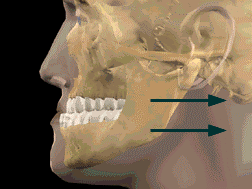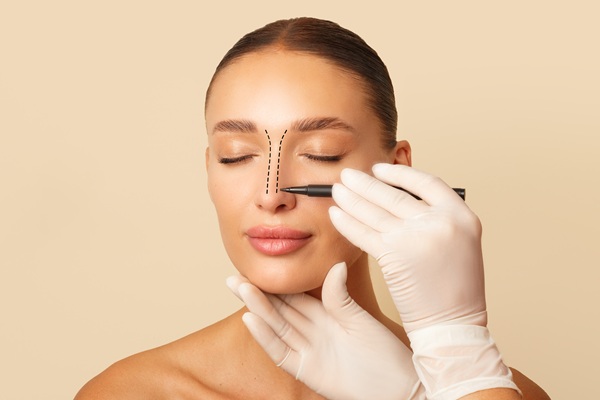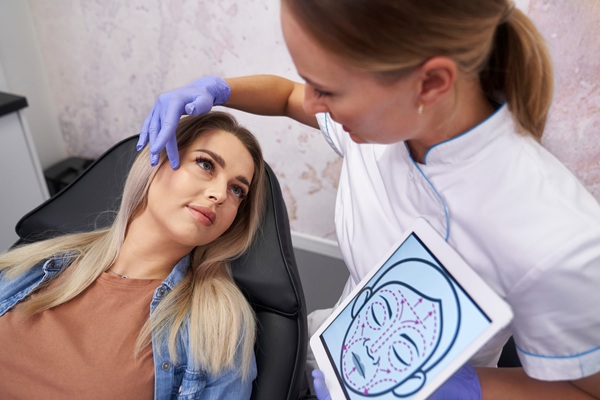Corrective Jaw Surgery Recovery Tips

There are many reasons patients visit us for corrective jaw surgery. Patients visit us to treat dental irregularities, which can include a misaligned jaw. If certain teeth cannot be put in the right position using orthodontics, an orthodontist may refer patients to us for oral surgery. At the same time, if an orthodontist is having difficulty aligning a jaw, they will refer the patient to us for surgery. We may need to complete corrective jaw surgery to make it easier for patients to speak or to eat without discomfort. Not only does this surgery have many functional benefits by eliminating or preventing discomfort and making it easier to do things on a daily basis - it can also improve your appearance.
It is common for general dentists or orthodontists to refer patients to our office so that we can perform the surgery and address these major issues, while they continue to care for a patient's oral health. They can also finish a smile makeover after we complete the surgery. In other words, if you are currently under the care of a dentist, you can still visit our office for help.
While here, we will examine you, go over your health history, take X-rays and discuss your goals. If we are confident that corrective jaw surgery will help, we will schedule an appointment and begin to discuss the next steps.
How to Prepare for Corrective Jaw Surgery and Your Recovery
It is important that you take the time to prepare for your surgery and to plan for your recovery. By preparing ahead of time, you can ensure that you are as comfortable as possible during the recovery process. It is highly likely that you will need a splint, and in some cases, your jaw may be wired shut for a few days. This is for your protection to ensure that you recover as quickly as possible and that there are not going to be more complications. We will monitor you closely during the initial recovery to ensure that everything is going smoothly. Once you are released from our care, it will be important that you take the steps necessary to promote healing at home, including:
- Get plenty of rest. It is critical that you do not try to overdo it, speak loudly, run around, or go back to your normal routine too quickly. The surgery requires you to rest in order to reach your maximum recovery quickly. Plan on taking a week off of work so that you can truly rest and recover at home. If you do not have that much time off, try to schedule your surgery for the end of the week so that you can take days off, plus the weekend.
- Use towels. You may experience some drooling, so keep some towels near your bed in case you need them.
- Control swelling. It is critical that you do what you can to control swelling since this will impact your comfort levels. Sleep with your head propped up, take ibuprofen, take a steam shower, and use a cold compress as much as possible.
- Use lotion. Your skin may be a bit dry afterwards, so use lotion to keep it moist.
Slowly get back into your routine, follow our directions, and attend all follow-up appointments so that you can recover as quickly as possible.
Learn More About Corrective Jaw Surgery
To learn more about jaw surgery, call and schedule a consultation.


